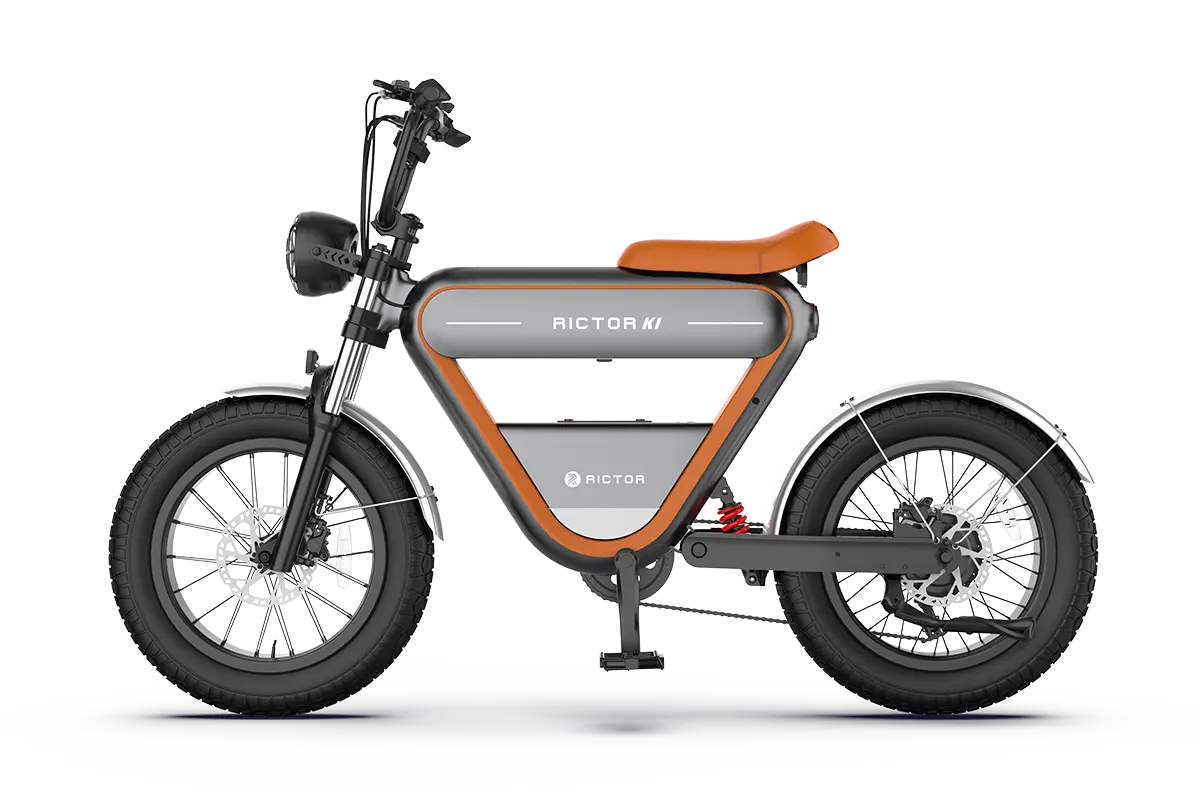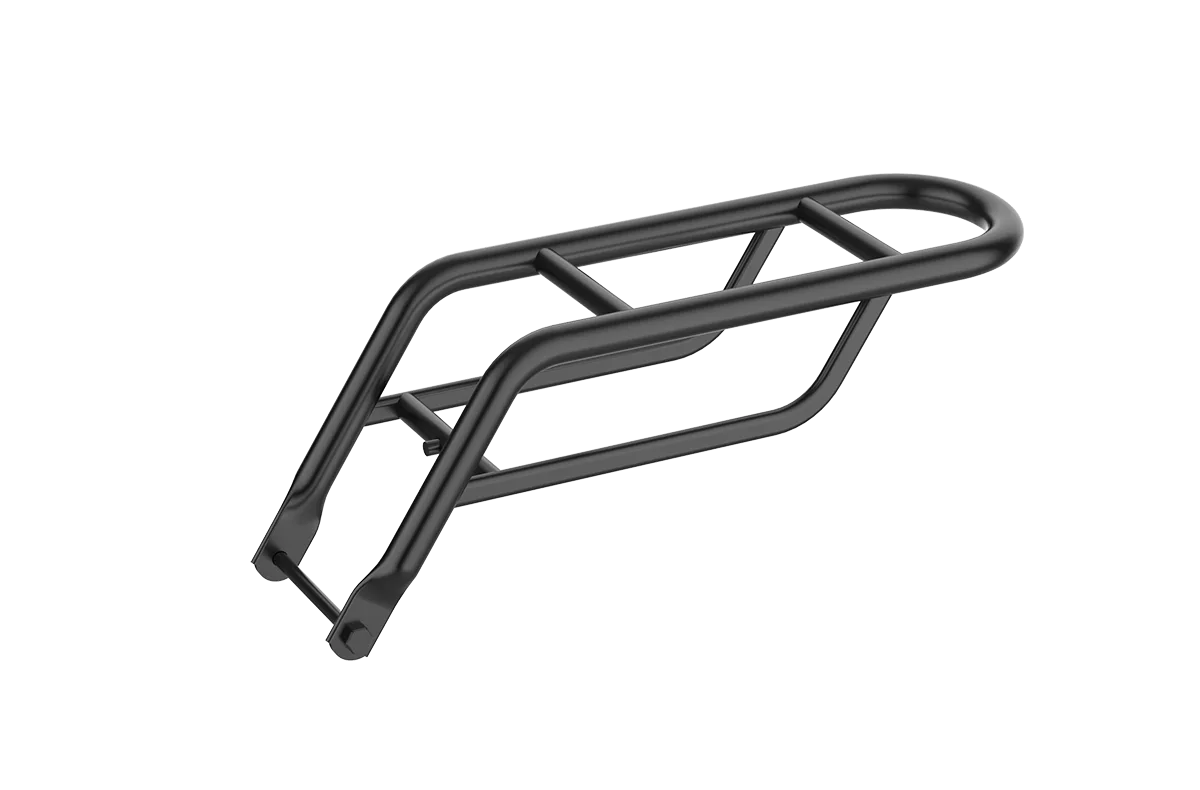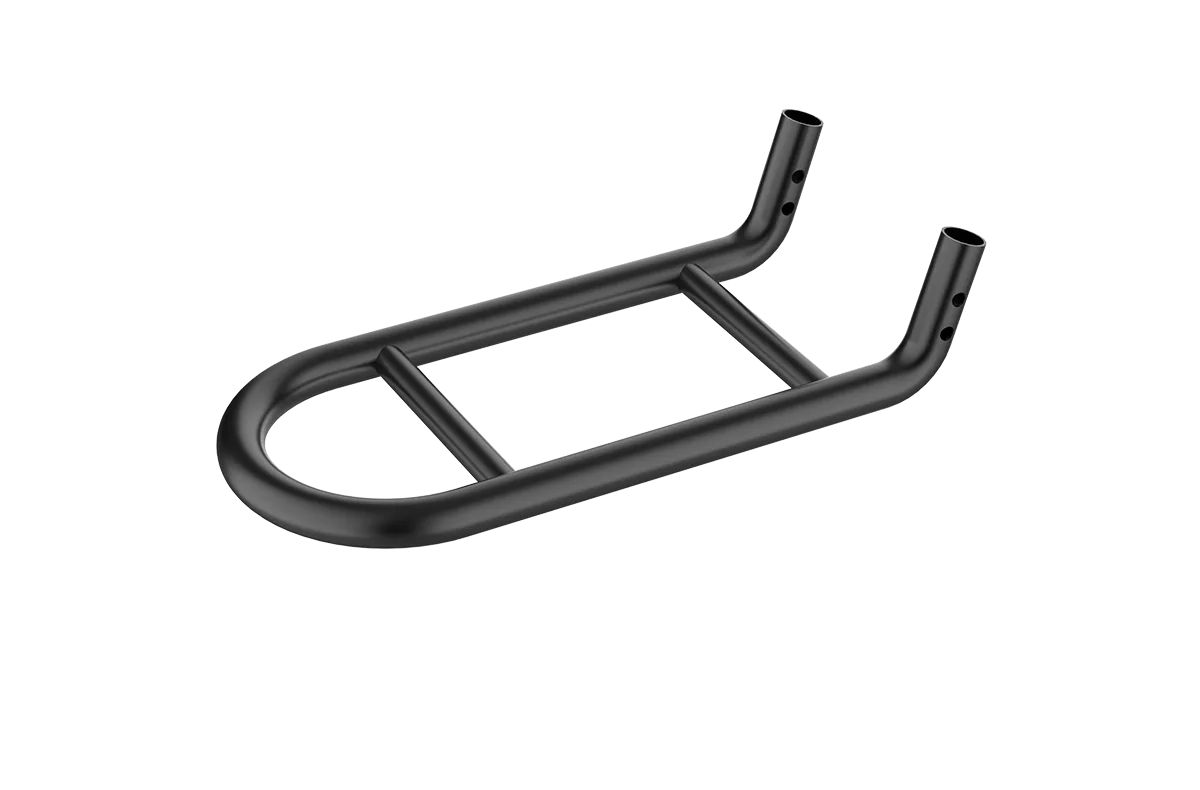Which One is More Cost Effective for Daily Commuting
When comparing the cost effectiveness of these transportation options, electric scooters generally have a lower initial price point, typically ranging from $300 to $1,500. Electric bikes usually cost more upfront, with commuter models averaging $1,500 to $3,000.
However, looking beyond purchase price reveals a different picture. Electric bikes often last longer (5-7 years of daily use) compared to scooters (2-3 years) and have more easily replaceable parts. While both have minimal electricity costs of $15-50 annually, the longer lifespan and established repair ecosystem of e-bikes often make them more economical over a 3-5 year period despite the higher initial investment.
SEE ALSO The Best Commuter E-Bike For Your Daily Commuting
Best Electric Bikes for Commuting
The Rictor K1 e-bike offers great power and smart features for daily rides. Its 750W motor gives you strong speed and helps you climb hills easily. The bike feels smooth when you ride it, not jerky like some cheaper e-bikes.
What makes the Rictor K1 special is its battery options. It comes with a battery that lets you ride about 35 miles on one charge. But you can add a second battery if you want to go farther. When you're not using a second battery, the space inside the frame works as storage for your stuff like a lock or small bag.
The bike has a smart screen that connects to your phone. You can unlock it with your phone or by tapping a card against it. The system can get updates wirelessly, so you always have the newest features.
The Rictor K1 cafe racer style electric bike has helpful extras like lights that flash to help you find your bike, a way to record where you ride, lights that turn on by themselves when it gets dark, and cruise control so you don't have to hold the throttle all the time.
This bike brings together good performance and useful tech to make your daily rides easier and more fun.
How Does the Battery Life of Scooters Compare to Electric Bikes
Electric bikes typically come with larger batteries (300-700Wh) providing ranges of 20-60 miles per charge. Their more sophisticated battery management systems also help maintain performance longer, with most rated for 500-1,000 charge cycles before significant degradation.
Electric scooters feature smaller batteries (250-500Wh) with ranges of 15-30 miles and sometimes less advanced battery management. While scooters charge faster (2-4 hours vs 3-6 hours for e-bikes), they generally offer less range and may experience faster battery degradation due to more frequent complete discharges.
For cold weather commuting, electric bikes typically maintain better performance due to their larger battery capacity, making them more reliable year-round options in varied climates.
Are Scooters or Electric Bikes Better for Navigating Hills
Electric bikes have a distinct advantage when it comes to hill climbing ability. Most e-bikes combine pedal assistance with traditional bicycle gearing, allowing riders to blend their own power with electric assistance. Mid-drive e-bikes position the motor near the pedals for optimized torque delivery when climbing.
Electric scooters rely entirely on motor power, with no option for human assistance. Entry-level scooters with 250-350W motors often struggle with inclines steeper than 10-15%, while even higher-powered models can have difficulty with very steep hills. E-bike motors are typically designed with better thermal management for sustained climbing without overheating.
The rider's weight distribution also favors e-bikes, with the centered position over pedals creating an optimal stance for climbing compared to the more upright scooter position.
What Are the Main Safety Concerns with Using Scooters Versus Electric Bikes
Safety considerations significantly differ between these options. Electric bikes offer greater stability with their larger wheels (26-29 inches) and wider wheelbase, providing better handling when encountering obstacles or uneven surfaces. Electric scooters, with smaller wheels (8-10 inches), require more attention to maintain balance on imperfect roads.
Braking performance typically favors e-bikes, which feature disc brakes with substantial stopping power. Scooters generally use smaller braking systems that may result in longer stopping distances, especially in wet conditions.
Visibility to other road users is another critical factor. E-bikes position riders higher with a larger profile, making them more noticeable to drivers. Scooters present a lower profile that can be harder to spot in traffic.
Weather adaptation also influences safety, with e-bikes generally handling adverse conditions better due to their larger wheels and frame design. Scooters become particularly challenging to operate safely in wet or windy conditions.
How Do Scooters and Electric Bikes Handle Different Terrains
Terrain adaptability varies significantly between these commuting options. On smooth pavement, both perform well, though with different ride characteristics. When encountering rough roads, electric bikes with their larger wheels and often included suspension systems provide a more comfortable experience. Scooters transmit more road vibration to the rider due to their smaller wheels.
For gravel paths or packed dirt, electric bikes clearly outperform scooters. The larger wheels and wider tire options maintain better control on loose surfaces where scooter wheels might sink or slide.
In wet conditions or light snow, electric bikes offer significantly better traction and stability. Electric scooters become particularly challenging on slick surfaces due to their smaller wheels and standing position.
For navigating obstacles like curbs, e-bike riders can lift their front wheel while maintaining momentum. Scooter riders typically need to stop completely and physically lift the scooter over such barriers.
Conclusion
Electric bikes generally provide better overall utility for most daily commuters with their superior range, stability, terrain adaptability, and hill-climbing ability. They excel for longer commutes and routes with varying conditions.
Electric scooters shine for shorter trips, especially when combined with public transportation, thanks to their lighter weight and smaller footprint. They're ideal for urban environments with good infrastructure and as last-mile solutions.
Your best choice depends on your specific commuting distance, terrain, and storage needs. Consider these factors carefully to select the option that best serves your daily transportation requirements.
FAQs
Can I take my electric scooter or e-bike on public transportation?
Folding electric scooters are generally allowed on buses and trains. Electric bikes face more restrictions due to size, though folding e-bikes are increasingly permitted. Check your local transit authority's specific policies.
How long should I expect my battery to last before replacement?
With proper care, most e-bike batteries last 3-5 years (500-1,000 charge cycles), while scooter batteries typically last 2-3 years (300-500 cycles) before significant capacity loss. Actual lifespan varies based on usage patterns and conditions.
Are there weight limits for electric scooters and e-bikes?
Yes, scooters typically support 220-275 pounds maximum, while e-bikes often accommodate 275-350 pounds, including rider and cargo. Exceeding these limits can reduce performance and potentially damage components.
💡 Explore More Here!

Apr 30, 2025
Why Most E-Bikes Don't Have Regenerative Braking

Apr 30, 2025
City Commuting: Should You Choose an E-Bike or Scooter?

Apr 29, 2025
How Often Should You Charge Your eBike?

Apr 29, 2025
How Much Does It Cost To Charge An Electric Bike

Apr 28, 2025
How to Fix a Flat Bike Tire

Apr 28, 2025













